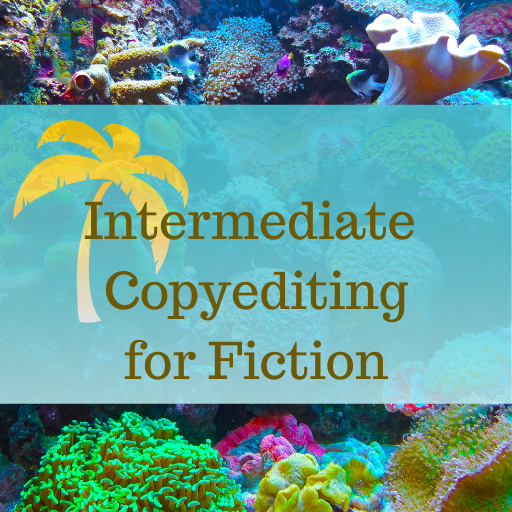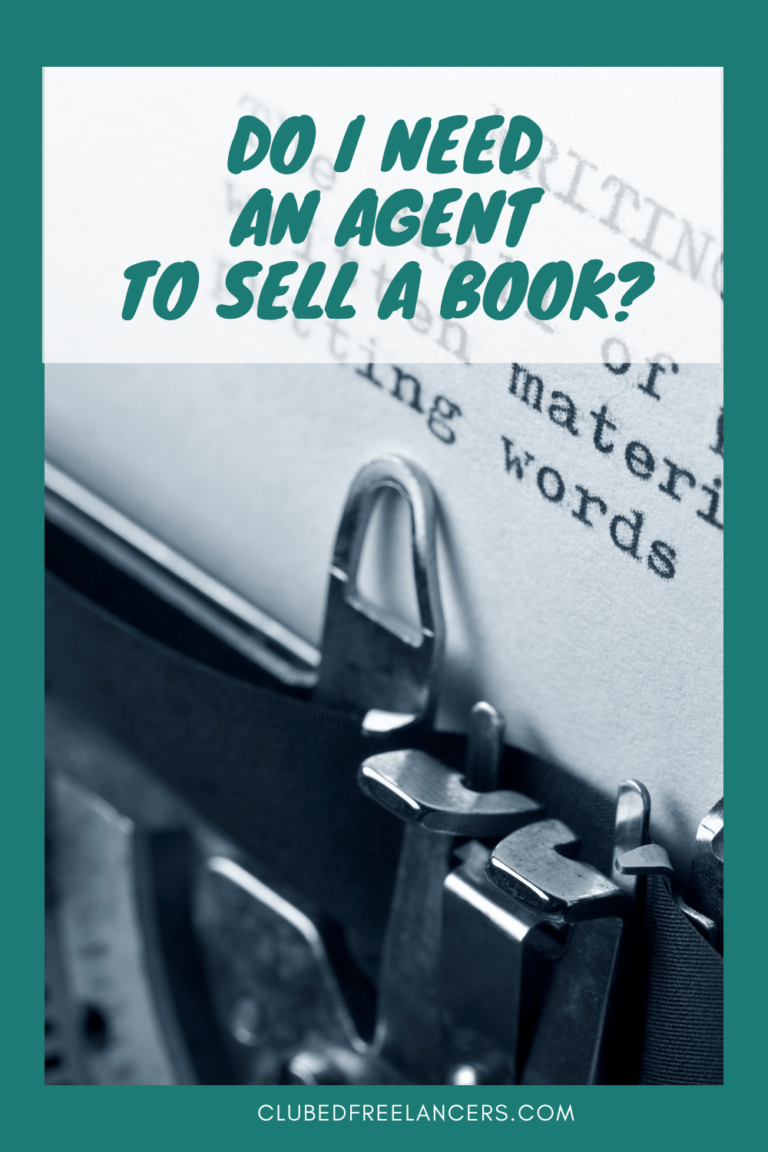Novels Aren’t Movies – Book Editing for Dramatic Omniscience
Omniscience for writers.
Writers sometimes understand omniscience only as it is shown in television and movies, which is dramatic omniscience. It is not narrative omniscience. Dramatic omniscience really, really sucks when applied to narrative.
That’s because dramatic omniscience lingers on the surface of things. It cannot penetrate below the surface unless some clunky device like a voiceover is used. It must, by its nature, focus on what the characters are doing and saying, on what their reactions look like.

Dramatic Omniscience vs Narrative Omniscience
Narrative omniscience allows the author to go below this surface, to play with text, to create an interplay between words, narrator, and character, to widen our psychic distance from the character or dive deep into their heart. Narrative omniscience can do things dramatic omniscience can only dream about.
But sometimes novelists end up using this dramatic omniscience where they are the awkward camera recording the story world without, it seems, even being aware they’re using words to do it. They seem to think they are filming a movie:
Natalie, a tall blonde about thirty years old, looked out the window. The storm clouds were piling up and the palm trees were starting to bend and creak in the wind. She moved to her bed where her suitcase was open and started piling clothes in it. She was nervous, so she moved quickly. She closed the suitcase and grabbed her shoulder bag and checked to make sure her keys were there. She held them in her hands. They were. She grabbed her suitcase and ran for the door. Little did she know that she’d left her insulin behind, the kit sitting on the vanity in the bathroom where she had forgotten to pack it.
You can see the screenplay, can’t you?
FADE IN
INT. BEDROOM: Natalie, a tall blonde about thirty years old, looks out the window.
EXT. SKY AND TREES: The storm clouds are piling up and the palm trees are starting to bend and creak in the wind.
INT. BEDROOM: Natalie moves to her bed where her suitcase is open and starts piling clothes in it. She looks nervous, and moves quickly. She closes the suitcase and grabs her shoulder bag and checks to make sure her keys were there.
CLOSE UP: Keys in the palm of Natalie’s hand.
INT. BEDROOM: Natalie grabs her suitcase and runs for the door.
INT. BATHROOM. Sound of DOOR SLAMMING.
ZOOM IN: on the insulin kit sitting on the vanity in the bathroom
In a movie, there’s an actor to give life to the actions, a musical score to emphasize the drama of what’s happening, and brilliant pictures that show us exactly what’s going on. But as a narrative, where’s the spark?
Related Reads

The Fine Art of Copyediting Fiction
When copyediting fiction, it’s common to run up against issues that pit author preference against standard editing approaches. For example, in a story I wrote some years ago, the main character’s neighbor is referred to as “3-B” as that is her apartment number and the MC doesn’t know her name. Fine. She can be referred…
Let the manuscript teach you how to edit it
One of the lessons I’ve learned over many years of editing is that you have to let the manuscript teach you how to edit it. Every manuscript is different and every manuscript needs a different touch. Even when an author does something I’ve seen many times before, I have to edit for that particular manuscript,…

Helping Authors Strengthen Story Settings
The setting of a novel consists of multiple elements, big and small, that nest inside each other like those little Russian dolls. We might show this hierarchy of settings like so: If you think about it, the micro setting of “the living room of 601 San Mateo Road Apartment 16” implies the existence of all…
Setting problems: lack of concrete locations
Writers often use setting like a painted backdrop to their stories, rather than as an integral element of their storytelling. As DEs, we can help them make the setting come to life. If we think of Wuthering Heights, we think of the Yorkshire moors. When we think of Moby Dick, it’s a whaler on the…
Developmental Editing and “Sensing” Problems
I’ve heard developmental editors talk about “sensing” that a story isn’t working, even going so far to say that “sensing” problems is their job. And sensing that something is going wrong is a useful skill for a developmental editor to have—all of us do, to one degree or another. But developmental editing isn’t about “sensing”…
How to Get Lucky
The other day, I wrote a Facebook post about a challenge I encountered upon moving to Spain and someone responded, “You’re so lucky you live in Spain now!” And I just about sprained my eyeballs rolling them. Sure, some luck was involved. Luck is involved in everything. But moving to Spain wasn’t a random gift…
Join the Club!
New to story editing? Begin at the beginning.




